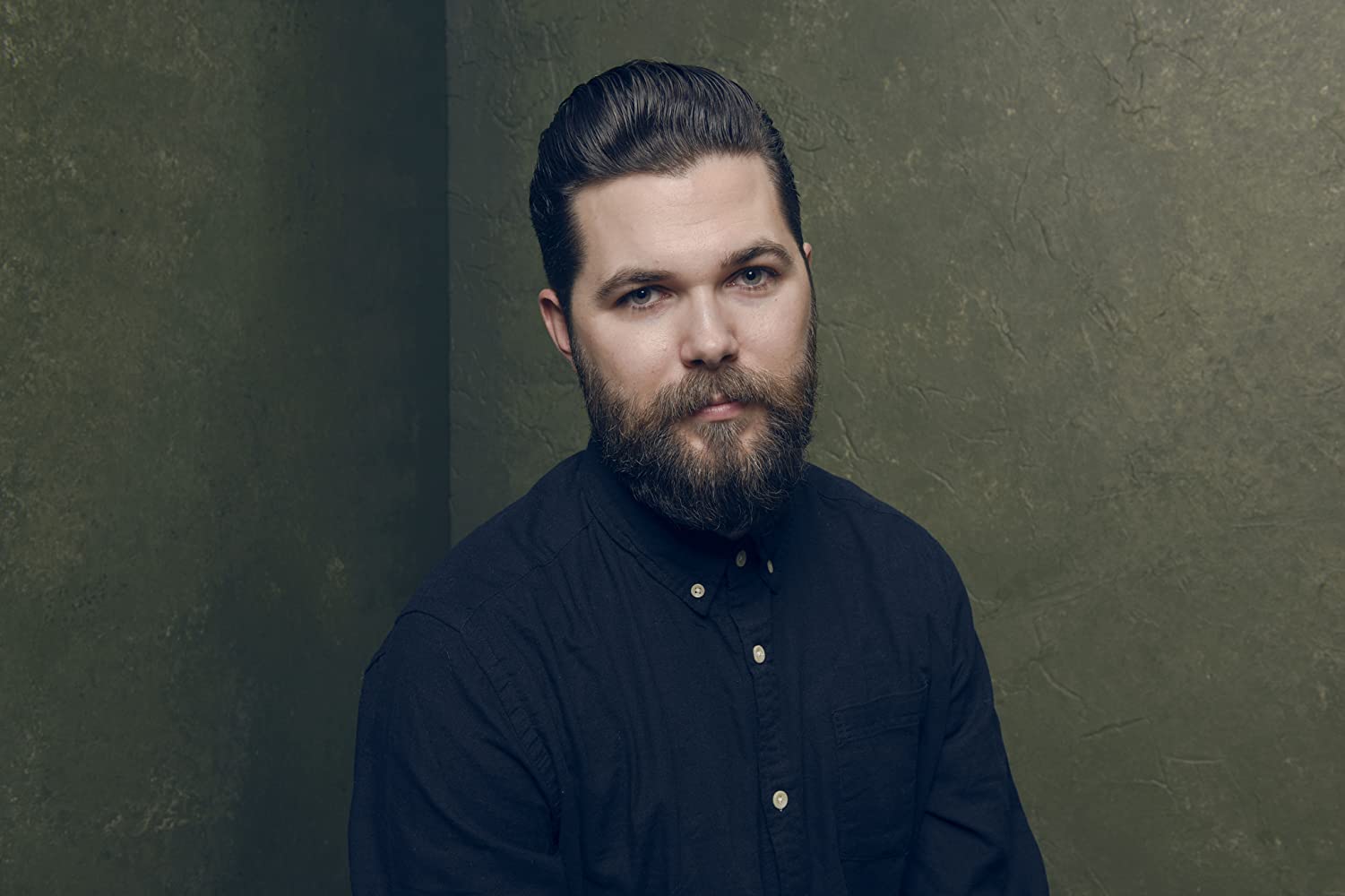Robert Eggers: The Visionary Director Redefining Horror Cinema
In the world of horror cinema, few directors have made as significant an impact as Robert Eggers. With a career spanning only a decade, Eggers has already established himself as a master of the macabre, pushing the boundaries of what is acceptable and redefining the very fabric of the horror genre. From his early days as a writer and director on independent short films to his feature debut, The Witch, Eggers has consistently demonstrated a keen eye for detail and a deep understanding of the darker aspects of human nature.
Eggers' fascination with the past is evident in his films, which often draw inspiration from historical events and cultural traditions. His debut feature, The Witch, is a prime example of this approach, weaving together elements of 17th-century New England folklore and mythology to create a sense of unease and dread that is both deeply unsettling and profoundly immersive. The film's use of period detail and its emphasis on the fears and superstitions of its protagonist, Thomasin, are just two examples of Eggers' attention to historical accuracy and his commitment to creating a sense of authenticity that draws the viewer in and refuses to let go.
Eggers' subsequent films, The Lighthouse and The Northman, have further cemented his reputation as a visionary director, each one showcasing his unique blend of historical research, atmospheric tension, and psychological complexity. The Lighthouse, for example, is a lyrical and unsettling exploration of the darker aspects of human nature, as two lighthouse keepers descend into madness in the isolated wilderness of 1890s New England. Meanwhile, The Northman, a historical epic based on the legend of Amleth, is a sweeping and ambitious tale of revenge, betrayal, and mortality that showcases Eggers' ability to balance action, drama, and horror in a way that is both exhilarating and thought-provoking.
The Evolution of Robert Eggers' Style
Eggers' filmmaking style is characterized by a number of key elements, including a focus on period detail, a keen sense of atmosphere and tension, and a deep respect for the genre traditions that he is working within. One of the most striking aspects of Eggers' work is his use of visual metaphors and symbolism, which adds a layer of depth and complexity to his films that rewards close attention and multiple viewings.
In The Witch, for example, Eggers uses the themes of witchcraft and demonic possession to explore the darker aspects of human nature, creating a sense of unease and tension that is both deeply unsettling and profoundly immersive. Meanwhile, in The Lighthouse, Eggers uses the contrast between the characters' inner worlds and the external environment to explore themes of isolation, madness, and the breakdown of social norms.
Eggers' Use of Historical Research
Eggers' commitment to historical research is another key element of his filmmaking style, and one that has earned him widespread critical acclaim. From his use of 19th-century equipment to his meticulous attention to period detail, Eggers has consistently demonstrated a deep respect for the past and a willingness to immerse himself in the world of his characters.
In The Witch, for example, Eggers consulted with experts in 17th-century New England folklore and mythology, incorporating elements of the folk tradition into the film's narrative and characters. Meanwhile, in The Lighthouse, Eggers drew inspiration from the writings of Herman Melville and other 19th-century authors, creating a sense of historical authenticity that is both deeply immersive and profoundly unsettling.
The Impact of Robert Eggers' Films on the Horror Genre
Eggers' influence on the horror genre is already evident, with his films inspiring a new wave of independent filmmakers and writers. From their use of atmospheric tension and visual metaphors to their emphasis on historical research and cultural authenticity, Eggers' films have helped to redefine the boundaries of the genre and inspire a new generation of horror fans.
One of the most significant ways in which Eggers' films have impacted the horror genre is by challenging traditional notions of the genre and pushing the boundaries of what is acceptable. The Witch, for example, is a film that subverts traditional horror tropes and conventions, creating a sense of unease and uncertainty that is both deeply unsettling and profoundly thought-provoking.
Eggers' Influence on Contemporary Horror
Eggers' influence on contemporary horror can be seen in a number of different areas, from the use of atmospheric tension and visual metaphors to the emphasis on historical research and cultural authenticity. Many modern horror films have drawn inspiration from Eggers' work, incorporating elements of his style and approach into their own narratives.
Some notable examples of Eggers' influence on contemporary horror include the films of Ari Aster, Robert Eggers' collaborator and protégé, and Robert Eggers's collaborator and colleague. These films, which have drawn inspiration from Eggers' use of atmospheric tension and visual metaphors, have helped to redefine the boundaries of the genre and inspire a new generation of horror fans.
The Future of Robert Eggers' Career
As Eggers continues to push the boundaries of the horror genre, it is clear that his career is only just beginning. With a number of projects in development, including a forthcoming film about the witch trials of 1692, Eggers is set to continue exploring the darker aspects of human nature and redefining the very fabric of the horror genre.
One of the most exciting aspects of Eggers' future work is his willingness to experiment and take risks, incorporating new ideas and approaches into his films and challenging traditional notions of the genre. Whether he is using visual metaphors and symbolism to explore themes of isolation and madness or delving into the world of historical research to create a sense of authenticity and depth, Eggers is a
Rebecca Pritchard Illness
Markavis Girlfriend
Aliyah Marie
Article Recommendations
- Kaitlyn Krems Fans
- Loving Auntic Free
- Who Is Lori Onhark Tank
- Whenid Piddyie
- Zhao Lusi
- Benicioel Toro Relationships
- Debby Clarke Belichick
- Dakota Tyler
- Kaitlan Collins Married
- Money6x Make Money



